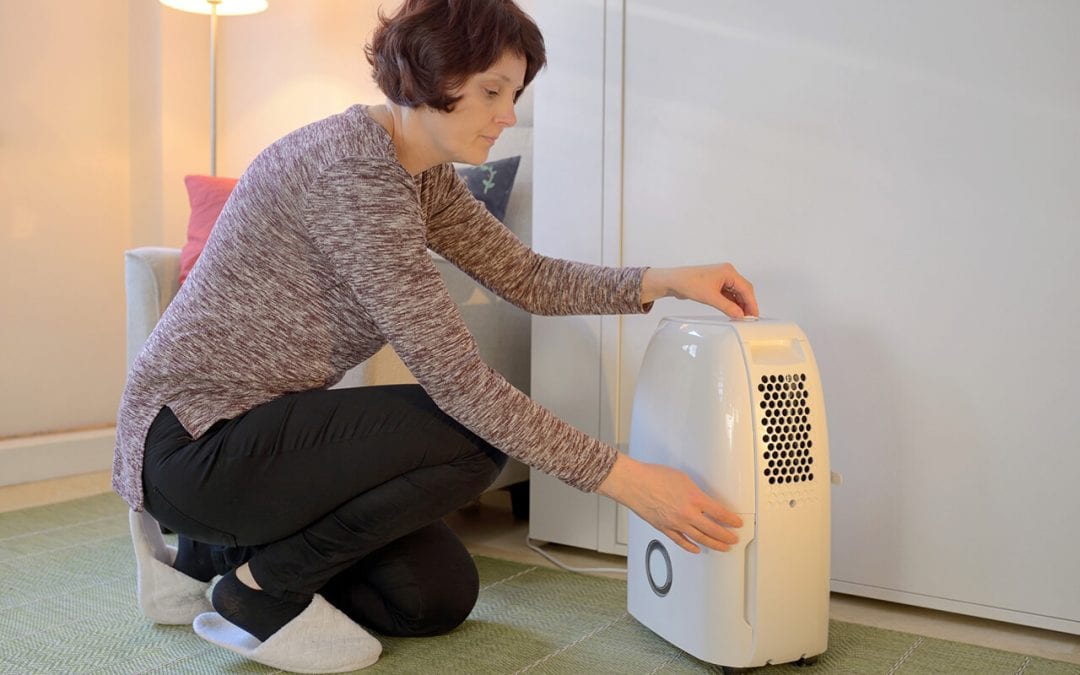High indoor humidity is the result of too much moisture in the air. It makes your home uncomfortable and causes mold to grow. Especially in summer, it can be a challenge to lower indoor humidity levels. Here are 5 tips on how to reduce humidity at home.
Dry Wet Materials Immediately
During summer, your kids may come home from the pool and leave their wet towels and bathing suits around the house. Wet clothing raises the humidity in the home as the moisture evaporates into the air. Ask your family members to put wet items in the dryer immediately instead of leaving them on the floor. You could also hang them outside to reduce humidity at home.
Keep the Crawlspace or Basement Dry to Reduce Humidity at Home
A damp crawlspace or basement can increase humidity levels in the rest of the house. Keep these areas dry by checking for plumbing leaks, making sure water is not seeping in from the outside, and installing a vapor barrier. Monitor humidity levels with a hygrometer and use a dehumidifier if the humidity exceeds 50%.
Use Ventilation Fans
Ventilation fans are useful for lowering the humidity in the kitchen in the bathroom. Activities like cooking on the stove and showering introduce moisture into the air. Ventilation fans move this damp air out of the home. Turn the fans on any time you are cooking or bathing.
Adjust Your Habits
In some cases, adjusting your habits is the best way to reduce humidity at home. Perhaps you don’t have ventilation fans or they don’t vent to the outdoors. You can still lower humidity in the bathroom by opening a window and taking a shorter, cooler shower. Opt for grilling out more often, make cold meals during the summer, and if you must boil water, put a cover on the pot to limit the steam that’s released into your home.
Buy Dehumidifiers to Reduce Humidity at Home
Sometimes, all of the above tips aren’t enough to reduce humidity at home to acceptable levels. Invest in portable dehumidifiers for the most humid rooms or a whole-house dehumidifier if it is a problem throughout your home. These devices collect moisture from the air and condense it into a receptacle which will need to be emptied periodically.
Central Carolina Carolina Inspections offers home inspection services, including radon testing, to customers in Central North Carolina. Contact us to schedule an appointment.


Recent Comments